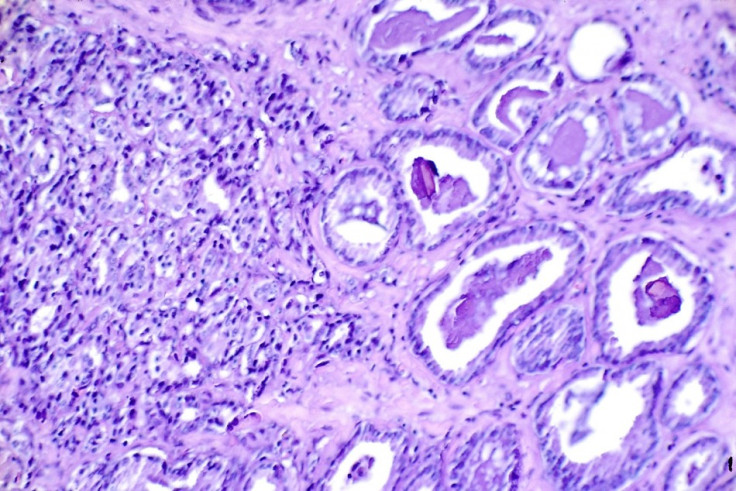Prostate cancer breakthrough: Gene map shows fatal disease can be targeted with existing drugs

A comprehensive genetic map of advanced prostate cancer has been unveiled by leading scientists.
The study, published in the scientific journal Cell, shows that almost 90% of men had gene mutations that could be targeted with drugs.
The study, which the Institute of Cancer Research (ICR) London scientists are hailing as the fatal disease's "Rosetta Stone", was conductedin collaboration with several teams in the United States.
Researchers analysed the genetic codes of tumours from 150 patients with metastatic - or advanced - prostate cancer, and found that 89% had genetic aberrations for which there were existing drugs or treatments undergoing clinical trials.
Professor Johann De Bono, of the ICR and Royal Marsden NHS Foundation Trust, told the BBC: "This is truly a game-changer. We are calling this prostate cancer's Rosetta Stone, because we can now decode the disease for the first time.
"In the past, we used to treat lethal prostate cancer as a single illness but this shows that it is a group of diseases, each driven by their own set of mutations.
"What's hugely encouraging is that many of the key mutations we have identified are ones targeted by existing cancer drugs."
What's hugely encouraging is that many of the key mutations we have identified are ones targeted by existing cancer drugs
De Bono added it would now be possible to individualise patient care for the more than 40,000 men diagnosed with prostate cancer in the UK each year. Around a quarter of those diagnosed - nearly 11,000 - die from the disease.
Professor Paul Workman, ICR chief executive, said: "Cancer becomes lethal at the stage when it spreads round the body and stops responding to treatment - but until now it has been incredibly difficult to find out exactly what is going on genetically at that critical point.
This major new study opens up the black box of metastatic cancer, and has found inside a wealth of genetic information that I believe will change the way we think about and treat advanced disease."
Dr Iain Frame, director of research at Prostate Cancer UK, told the BBC: "This is incredibly exciting and ground-breaking research. It suggests for the first time the list of genetic mutations to search for in order to build up a blueprint of a man's prostate cancer once it has spread.
"This could provide the information about the best routes of attack in each individual case which is crucial if we are to reduce the number of men dying needlessly from this disease."
© Copyright IBTimes 2024. All rights reserved.





